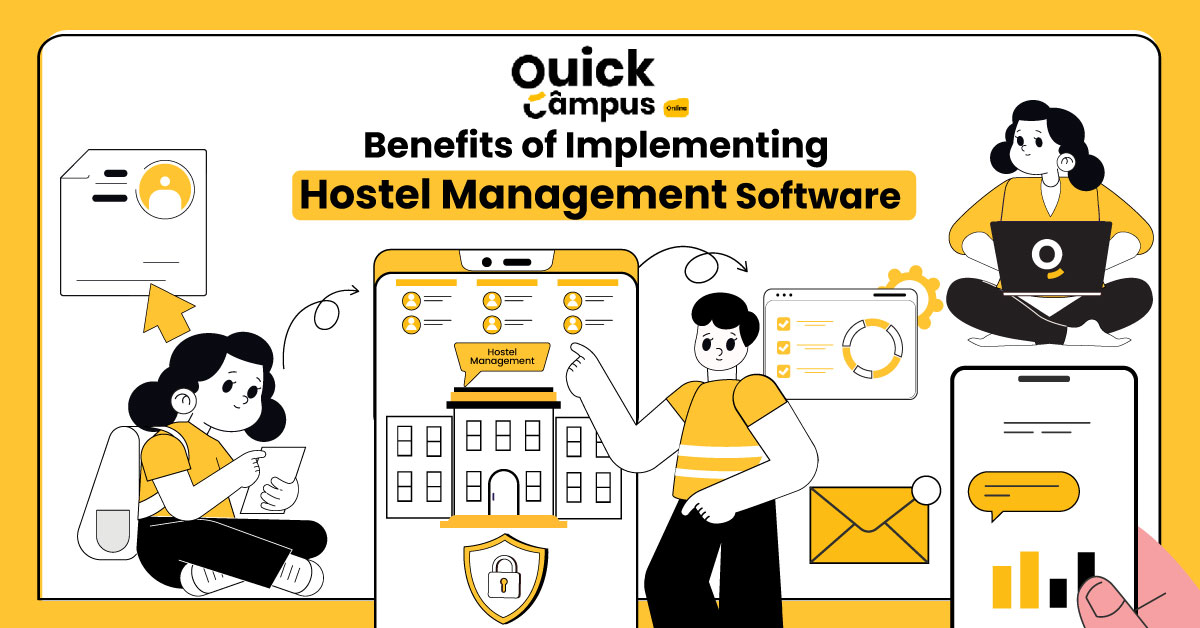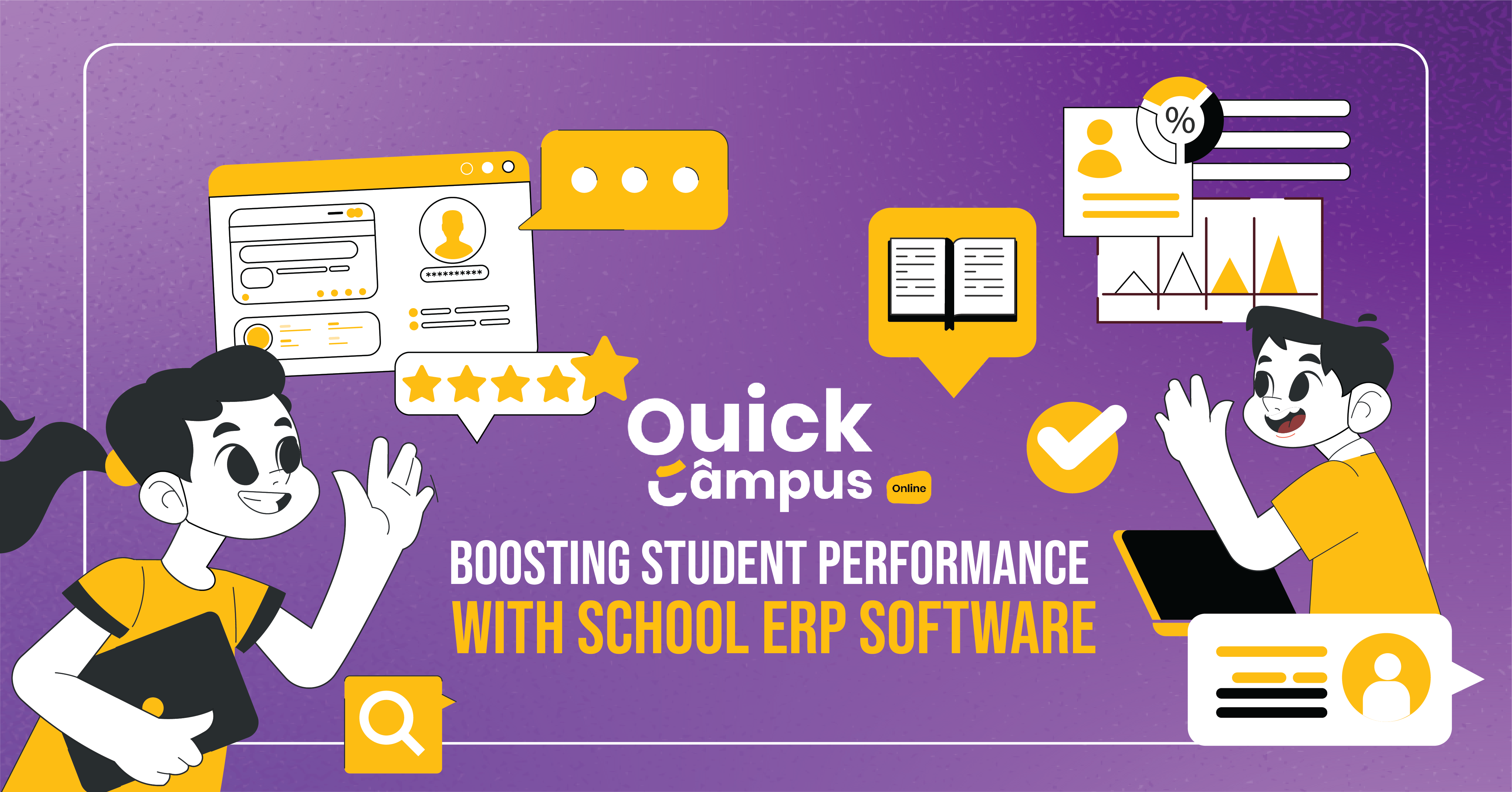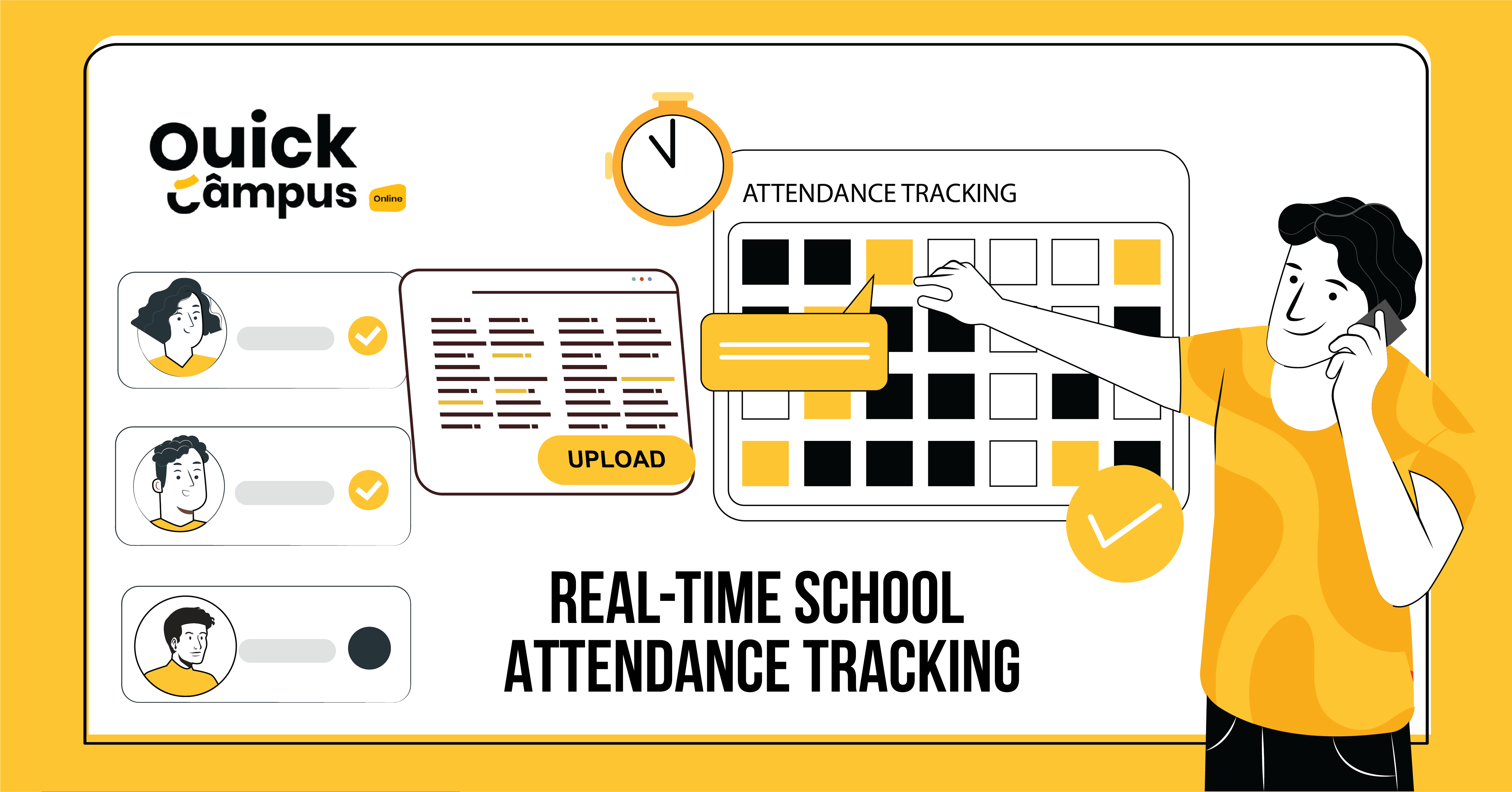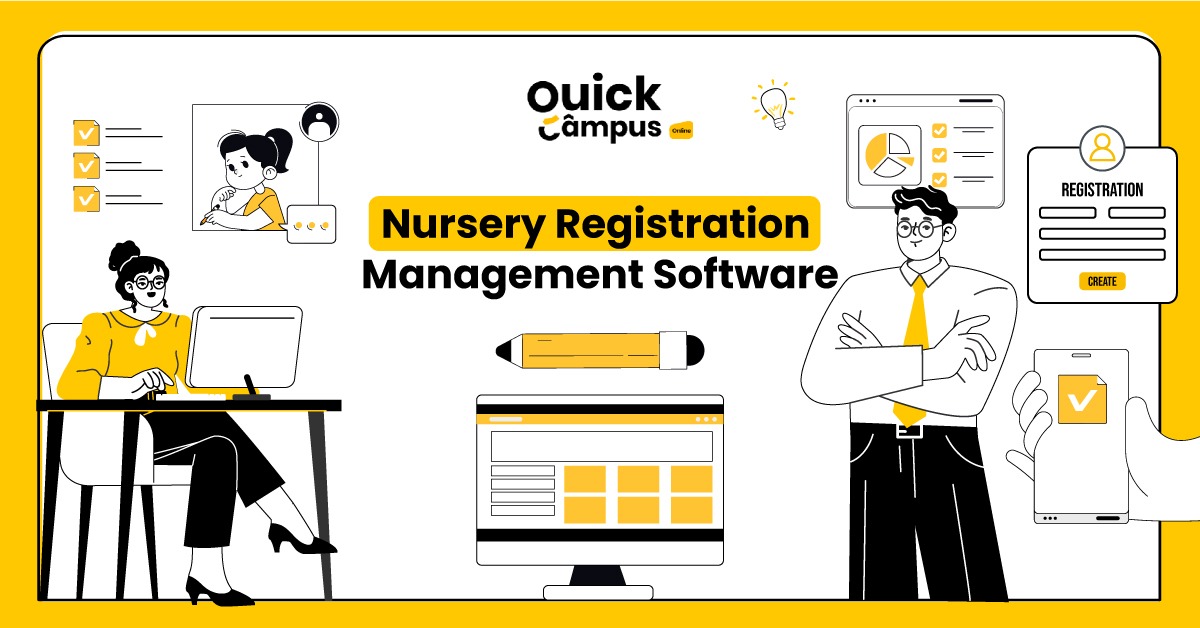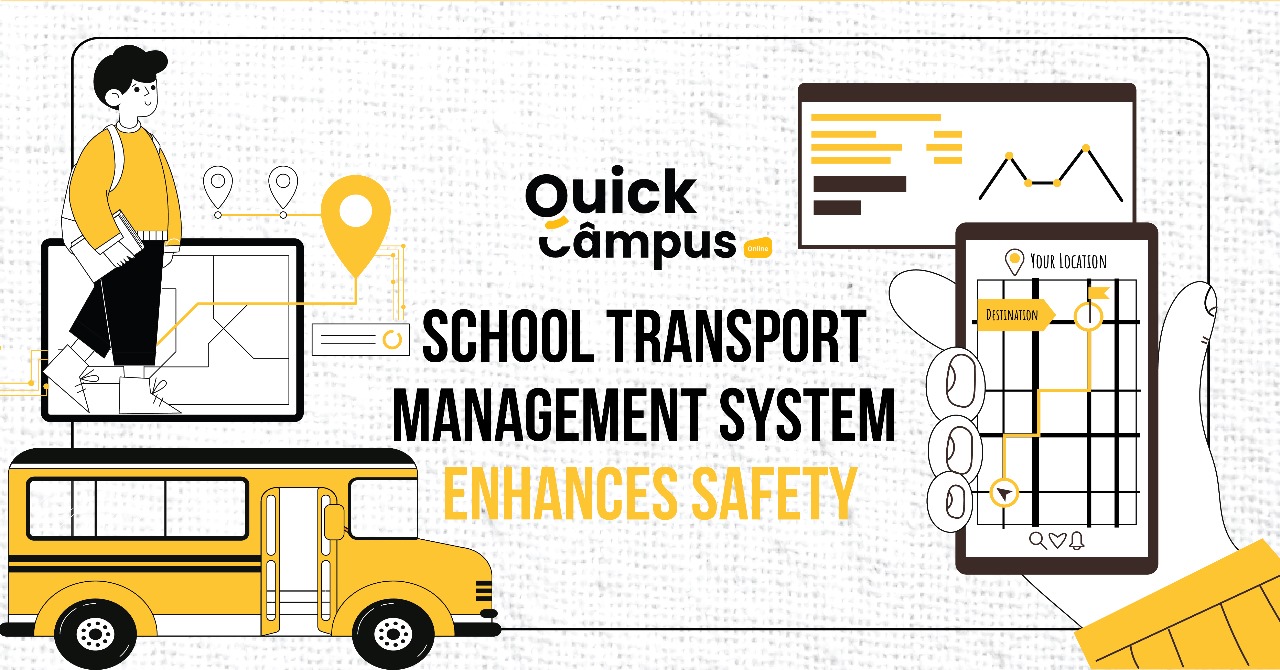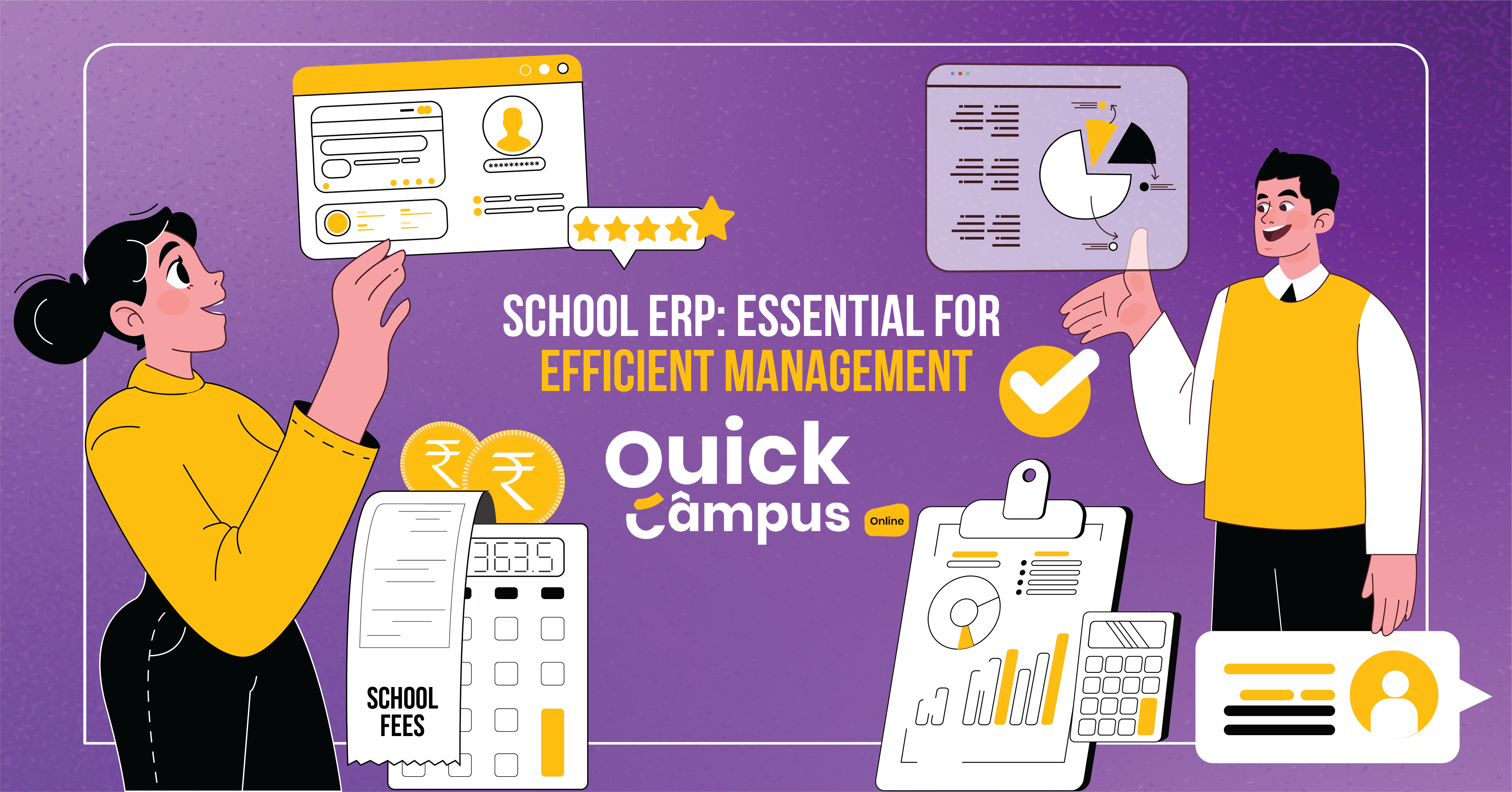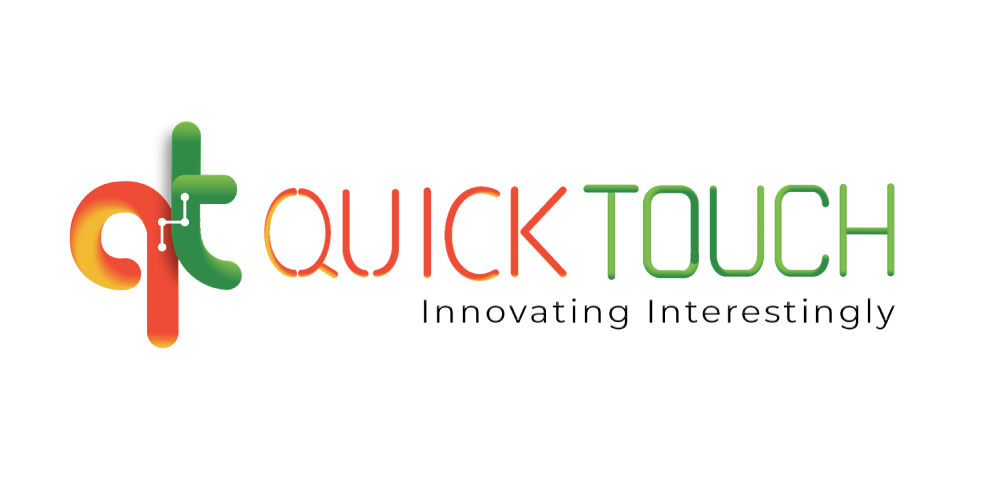Peer Learning: Meaning, Importance, Benefits, & Approaches
In education and self-improvement, peer learning has garnered significant attention, representing a departure from traditional teacher-centered approaches toward collaborative learning among peers. This blog focuses on peer learning, understanding its meaning, and importance, the diverse benefits it offers, and the implementation strategies.
Understanding Peer Learning
Peer learning involves individuals with similar levels of expertise or knowledge gathering to exchange insights and learn reciprocally from each other. Unlike traditional methods, where the transmission of knowledge is primarily one-way from teacher to student, it creates an environment where learners actively share ideas, experiences, and expertise. This interactive exchange facilitates deeper understanding and retention of knowledge.
Importance of Peer Learning
Peer learning holds significant importance in educational contexts and beyond, acting as a foundation for comprehensive development:
1. Enhanced Understanding
Teaching concepts to peers reinforces comprehension and memory retention. By simplifying complex ideas, learners strengthen their grasp of the subject matter.
2. Promotes Critical Thinking
Peer discussions stimulate collective questioning, analysis, and evaluation of ideas. Through constructive dialogue, individuals refine critical thinking skills and gain a broader appreciation for diverse perspectives.
3. Cultivates Collaboration Skills
Collaboration is central to peer learning, nurturing teamwork, and communication skills vital for success in various professional spheres. By collaborating towards common objectives, learners develop crucial collaboration essential for navigating real-world challenges.
4. Builds Confidence
Peer learning provides a supportive environment where individuals can express thoughts and contribute to discussions without fear of judgment. Proper teachers student communication fosters confidence and self-assurance, empowering learners to communicate effectively.
5. Diverse Perspectives
Interacting with peers from diverse cultural backgrounds exposes learners to a variety of viewpoints and experiences, broadening their outlook and promoting inclusivity in learning.
6. Fosters Empathy
Engaging with peers fosters empathy and understanding as individuals appreciate the challenges and perspectives of others, laying the groundwork for a supportive learning community.
Benefits Of Peer Learning
Incorporating peer learning into educational practices yields numerous benefits, enriching the learning experience:
1. Active Engagement
Peer learning, enhanced by platforms like Learning Management Solution (LMS), encourages active participation and involvement in the learning process, fostering curiosity and exploration of concepts collaboratively.
2. Increased Motivation
Interactions with peers can spark motivation, peer learning can make learning more enjoyable and rewarding with AR learning, and foster a sense of shared purpose and camaraderie.
3. Personalized Learning
Peer learning allows for personalized learning experiences tailored to individual preferences, enabling learners to explore topics at their own pace and seek guidance from peers.
4. Improved Communication Skills
Peer interactions enhance verbal and non-verbal communication skills, facilitating clear and persuasive expression of ideas.
5. Long-lasting Knowledge Retention
Collaborative learning experiences promote better retention of course material compared to passive methods, reinforcing understanding through active engagement.
6. Preparation for Real-world Challenge
Peer learning equips learners with essential skills for real-world scenarios, such as teamwork and problem-solving, through collaborative activities and discussions.
Approaches To Peer Learning
Effective implementation of peer learning requires consideration of various methodologies suited to learners’ needs:
1. Peer Tutoring
Experienced peers provide guidance and support through structured tutoring sessions, facilitating mentorship and knowledge transfer.
2. Collaborative Projects
Group assignments promote teamworknd problem-solving skills, allowing learners to leverage each other’s strengths to achieve shared goals.
3. Peer Review
Constructive feedback from peers enhances learning outcomes by providing insights into strengths and areas for improvement.
4. Discussion Groups
Open discussions facilitate the exchange of ideas and encourage critical thinking, enriching the learning experience for all participants.
5. Study Partnerships
Pairing individuals with complementary strengths fosters mutual learning and support, enhancing understanding of course material.
Conclusion
In conclusion, peer learning offers a dynamic approach to education and personal growth by harnessing collective knowledge and expertise. At Quick Campus teacher capacity building programme improves communication between teacher and student, builds confidence in students to ask their questions freely also embraces peer learning enriches the educational experience, prepares individuals for real-world challenges, and fosters a supportive learning community. As its benefits continue to be recognized, peer learning is set to play an increasingly prominent role in shaping the future of education and collaborative learning.

